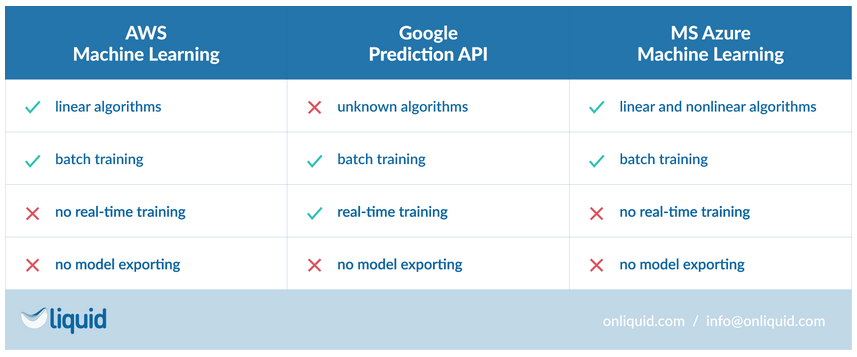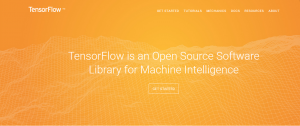In dem Paper The Economist (2016): ARTIFICIAL INTELLIGENCE IN THE REAL WORLD: The business case takes shape (PDF) wird zunächst einmal herausgestellt, dass Artificial Intelligence (Künstliche Intelligenz) nichts ist, das irgendwann zum Einsatz kommt. Artificial Intelligence (AI) wird schon in vielen Bereichen erfolgreich genutzt. Doch zunächst ist es sinnvoll zu deg´finieren, was unter AI, Deep Learning und Machine Learning zu verstehen ist (Seite 3):
The term artificial intelligence (AI) refers to a set of computer science techniques that enable systems to perform tasks normally requiring human intelligence, such as visual perception, speech recognition, decisionmaking and language translation. Machine learning and deep learning are branches of AI which, based on algorithms and powerful data analysis, enable computers to learn and adapt independently. For ease of reference we will use “artificial intelligence”, or AI, throughout this report to refer to machine learning, deep learning and other related techniques and technologies.
Zu folgende Ergebnissen ist die Analyse gekommen:
- The pace of adoption is quickening.
- North America and the health sector lead the way.
- Competition—or the anticipation of it—is spurring companies on.
- Better user experience is the key prize for many.
- Better decisions should also result.
- Efficiency and flexibility gains beckon for retailers and manufacturers.
- Cost, data quality and cultural resistance hold companies back.
- Building the AI business case is anything but straightforward.
Siehe dazu auch meine Veröffentlichungen:
Freund, R. (2016): Cognitive Computing and Managing Complexity in Open Innovation Model. Bellemare, J., Carrier, S., Piller, F. T. (Eds.): Managing Complexity. Proceedings of the 8th World Conference on Mass Customization, Personalization, and Co-Creation (MCPC 2015), Montreal, Canada, October 20th-22th, 2015, pp. 249-262 | Springer
Freund, R. (2016): Wie verändert Cognitive Computing die HR-Landschaft?. In: HR Performance 2/2016, S. 16-19 | Download



